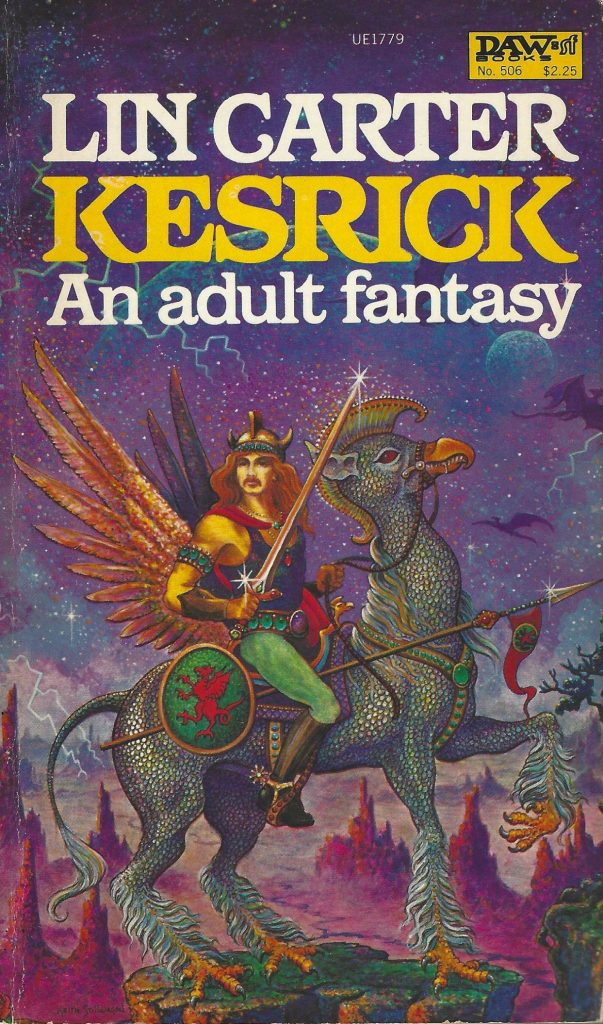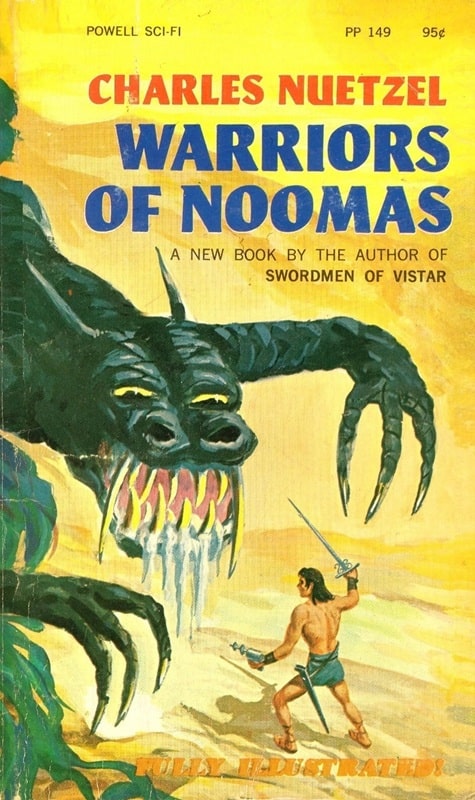
Like a lot of people, I fell under science fiction’s spell during those intermediate years when childhood blurs into adolescence, and fortunately for me, there was a thrift store around the corner from my middle school, with shelf after dusty shelf of used paperbacks that you could buy for twenty five or thirty cents apiece. Every day when school was over, I would take my lunch money and go there and, attracted by the outlandish, gaudy covers, spend my daily seventy-five cents on sf paperbacks (sorry, Mom).
My first discoveries and greatest loves were Robert A. Heinlein’s juveniles and his Stranger in a Strange Land (way too young to be reading that one), Isaac Asimov’s robot stories (I had a thing for Susan Calvin), and Ray Bradbury’s Martian Chronicles and his wonderful, phantasmagoric short story collections S Is for Space and R Is for Rocket. Along with volumes from the anthology series like Star and Spectrum that were once so common and sadly no longer are, these books and authors formed the haphazard curriculum of my science fiction education.
One author was largely missing from my course, though — Arthur C. Clarke. Oh, I had read the three classic stories that turned up in so many of those anthologies — “The Star”, “The Nine Billion Names of God”, and “The Sentinel”, but of Clarke’s many novels, the only one I read back then was his 1953 evolutionary drama, Childhood’s End. Like Heinlein’s Stranger in a Strange Land but for different reasons, I was too young (fourteen) to fully appreciate the book; I liked it well enough, but it didn’t spur me on to read any of Clarke’s other novels.
…
Read More Read More












